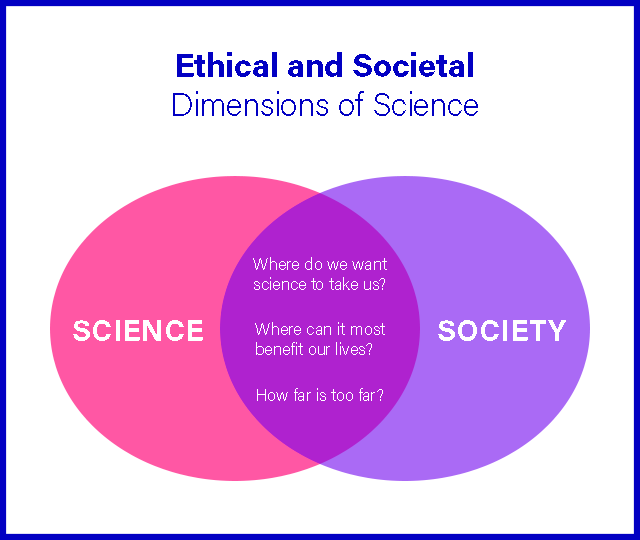President's Perspective
Philanthropy’s Role in Bridging Science, Ethics, and Policy

Last month, the Dana Foundation partnered with the Science Philanthropy Alliance to host a meeting on science, ethics, and policy at Rockefeller Center in New York City. Our office is based in the Radio City Music Hall building, part of the Rockefeller Center complex, so it was wonderful to welcome Alliance members from around the country to our home ground.
I was delighted to learn that the meeting was one of the largest Science Philanthropy Alliance meetings held to date. It drew more than 100 attendees from 30 private foundations with a commitment to discovery science, reinforcing the organization’s mission to amplify and enhance philanthropic support for science. The Foundation’s involvement in convening field-building meetings such as this is part of our ongoing effort to advance neuroscience that benefits society and reflect the aspirations of all people.
The meeting’s theme focused on philanthropy’s role in bridging science, ethics, and policy, which was selected by the Dana Foundation. The realization of the full benefit of scientific discovery relies on strengthening bonds between discovery science and technology, diverse communities, and democratic systems. These topics are relevant beyond our own mission area of neuroscience, and even beyond the biological sciences. For example, research in climate sciences and the development of large language models brings up many considerations about the future of society.
Different Science Philanthropy Alliance members are tackling the intersection of science, ethics, and policy in different ways, which offers an exciting opportunity to learn from one another. For example, The Kavli Foundation, Rita Allen Foundation, Burroughs Wellcome Fund, Packard Foundation, and Moore Founation founded the Civic Science Fellows program, with many fellows tackling work at this intersection. Fundamental to this work is the incorporation of expertise from other disciplines, as well as community perspectives, into the research process. And I believe it’s essential to ask ourselves, and our communities, important questions along the way to better understand the potential societal impact of this research.
Above all, the emphasis of last month’s Alliance meeting was on exploring the ethical and societal dimensions of science. When we at the Dana Foundation use the words “ethical” or “societal” in this context, many think this means moral philosophy. Often, people think it means “regulation” or “compliance.” While these associations are not incorrect (the ethical and societal dimensions of science can encompass all of these things and more), my focus for this meeting of science funders lay on the “meaty middle,” and what philanthropists can do in the space between the abstract, philosophy, and the very concrete, regulation.
If we think about the current relationship between science and society, it might look like this: partially overlapping, but not really integrated. Within this overlap, there are important questions that often don’t get asked by scientists or in broader society because of the astonishing pace of science.


Where do we want science to take us? Where can it most benefit our lives?
Should we even pursue certain avenues of science—how far is too far?
Often if these questions are asked, they are asked when the science has already progressed, and without consideration of the values and opinions of the lay people (or non-scientists) who also make up society. A 2023 Pew Research poll that showed that only 57 percent of the population believed that science has had a positive impact on society. To advance science discovery for the full benefit of society, we must raise these questions in collaboration with communities, so they can both understand and shape its impact. We see the consideration of ethical and societal dimensions as part of pursuing science excellence.
One invitation for reflection is that these partly overlapping circles (seen above) show the status of where we are today, but through consideration of these questions, can we get to a point where the circles are fully integrated?
The meeting discussions aimed to spark ongoing reflection among Science Philanthropy Alliance members, but I would argue that the following questions are important for everyone to be aware of and consider:
- What ethical and societal issues are arising from new scientific and technological developments, even in basic sciences?
- How can funders better educate, train, and motivate scientists to address these issues beyond standard training methods?
- How can science and public views on science shape science policy, including public input on research priorities?
